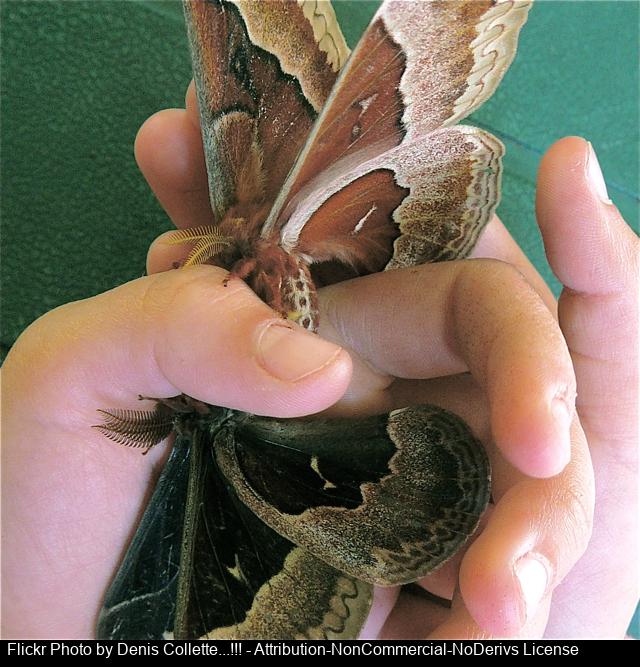Flickr offers teachers the great opportunity of using visual images to teach students. Visuals allow students to understand information in a different kind of way, and could lead to more engagement and better comprehension. What is so exciting about Flickr is there are so many subsidary sites that offer tools and applications for using images to create things like puzzles, visual books, comic strips, posters, etc. Big Huge Labs is one site that allows users to create magazine covers, maps, movie posters, puzzles, and much more. I used this site to create an "inspirational poster" of an image from a cathedral in Siena, Italy.
Photo by: Philipp Klinger
In the classroom, I could have students create posters for many different assignments. Advertising specific cities we learn about, or as "propaganda" about a specific historical event. I think having students write headlines, tag lines, and find visual images to connect helps them understand the information on a different level. I am really excited to put this activity to use in my own classroom!
Showing posts with label Visual Images. Show all posts
Showing posts with label Visual Images. Show all posts
Monday, November 8, 2010
Creative Commons Licensing
Flickr is an online community to store, sort, search, and share photos. It allows people to connect through photography and share visual stories. In seeking to protect its' users, Flickr offers various creative commons licensing options for users. Creative Commons is a nonprofit organization that gives users an alternative to full copyrighting. The first is Attribution licenses, which allows users to "copy, distribute, display, and perform your copyrighted work," and any derivative works created based upon it. These attribution licenses require users to give you credit before using any of your work first. Noncommercial licenses allow users to copy, distribute, display, and perform your work, but only for noncommercial purposes. No derivative licenses allow others to copy, distribute, display your work verbatim, but not derivative works based upon those original works. Finally, there are Share Alike Licenses which allow others to distribute derivative works only "under a license identical to the license that governs your work."


Subscribe to:
Posts (Atom)
